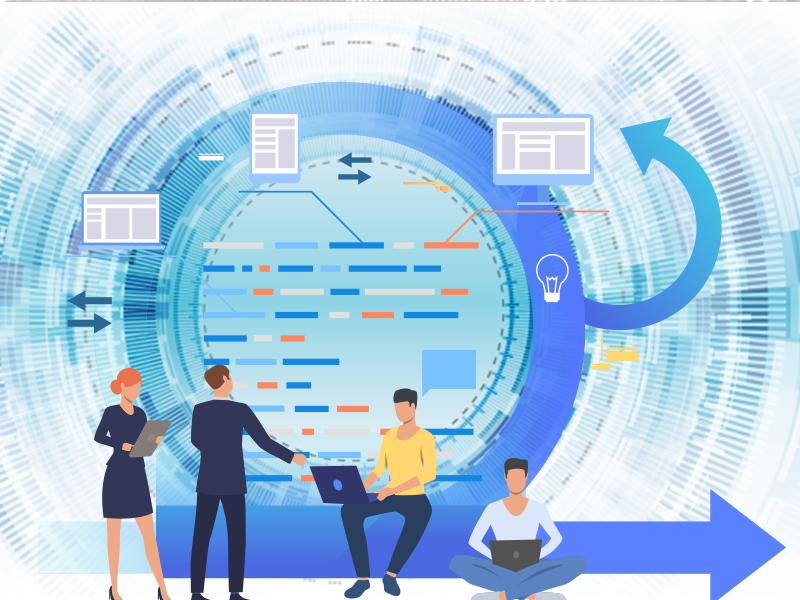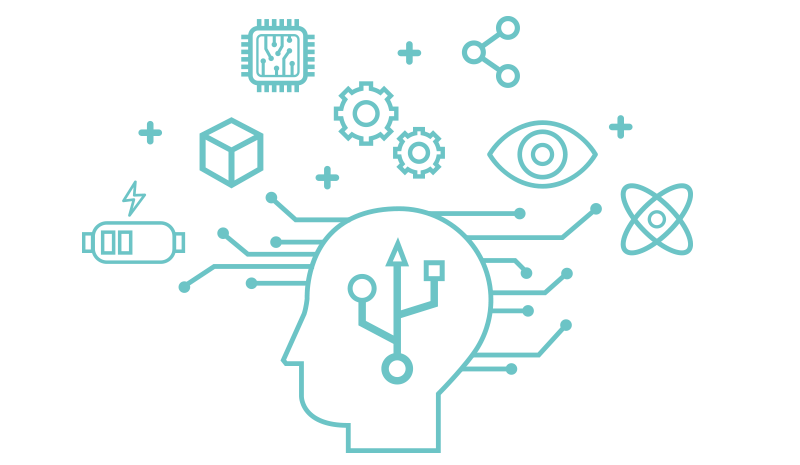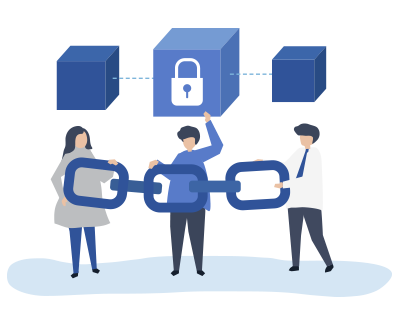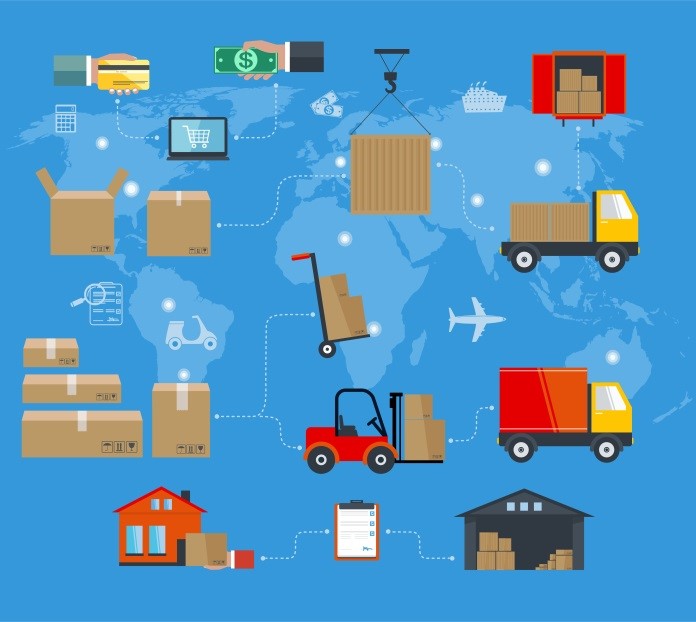Latest trends in technology which are reshaping the supply chain software
 The modern-day supply chain management needs to be flexible and agile and capable of responding quickly to sudden changes and this cannot be achieved through gradually deployed software several times for managing different processes. The requirement is for a unified complete SCM software that integrates processes, automates the constant tasks and analyzes large volumes of data for making accurate forecasts and offering innovative solutions.
The modern-day supply chain management needs to be flexible and agile and capable of responding quickly to sudden changes and this cannot be achieved through gradually deployed software several times for managing different processes. The requirement is for a unified complete SCM software that integrates processes, automates the constant tasks and analyzes large volumes of data for making accurate forecasts and offering innovative solutions.
The futuristic data-driven digital supply chain shall be empowered with modern technologies that allow it to serve not as a tactical function but as a strategic partner that provides a competitive advantage. The most advanced supply chain software solutions will deploy technologies and tools which tap into and support huge, growing volumes of data and convert them into actionable observations.
Undivided Platform
 Your supply chain must turn into a unified entity that is capable of handling processes and responds to fast-changing markets and needs. The best way to reach this target is by deploying an integrated supply chain management solution that brings everything onto a single point helping standardize and automate processes, channelize workflows, interpret data from several sources, make the process visible and offer live updates and boost up automation.
Your supply chain must turn into a unified entity that is capable of handling processes and responds to fast-changing markets and needs. The best way to reach this target is by deploying an integrated supply chain management solution that brings everything onto a single point helping standardize and automate processes, channelize workflows, interpret data from several sources, make the process visible and offer live updates and boost up automation.
This also enhances visibility into POs, invoices and spends o you can be aware that where you are spending. adding to that, automatic invoice matching, rules-based payment approvals, and payment processing makes it difficult for making unauthorized purchases. Visibility and compliance are ensured and also helps enterprises to leverage buying volumes to get discounts.
Cloud
For completely transforming the supply chain, the unified platform must leverage the potential emerging technologies. For doing this, it is required to be cloud-based. Cloud-native software can be remotely accessed from any device, from anywhere and at any time for enhancing flexibility, collaborations, and real-time visibility. because there is no requirement to steep CAPEX investment in a cloud supply chain management platform, it is considered to be more cost-effective and provides businesses scalability along with access to the latest software, all without having to concern themselves with security and maintenance.
Artificial Intelligence
 Oceans of data is produced by the digital supply chain but unless this data can be processed, it's practical of no use. And this makes the way for AI. With AI, analyzing the data can be done and it also offers critical insights. With the help of its two branches, Machine Learning (ML) and Robotic Process Automation (RPA), an AI-powered supply chain software can harness the power of intelligent automation, increasing efficiency, accuracy, speed, and productivity by notches and decrease errors and operational costs. AI, ML and RPA can be used together for channelizing inventory and warehouse management, improve demand forecasting through advanced analytics tools and improve customer care also.
Oceans of data is produced by the digital supply chain but unless this data can be processed, it's practical of no use. And this makes the way for AI. With AI, analyzing the data can be done and it also offers critical insights. With the help of its two branches, Machine Learning (ML) and Robotic Process Automation (RPA), an AI-powered supply chain software can harness the power of intelligent automation, increasing efficiency, accuracy, speed, and productivity by notches and decrease errors and operational costs. AI, ML and RPA can be used together for channelizing inventory and warehouse management, improve demand forecasting through advanced analytics tools and improve customer care also.
Internet of Things
IoT is a network of physical devices that utilizes sensors for connecting to the internet and exchange data for creating an unmatched level of visibility and makes it very much easy to monitor across the entire supply chain. It can be utilized for gathering real-time data and reduces some of the underlying risks and uncertainties related to a complex, global supply chain. However, it is limited to be only as good as the supply chain management tools and technologies which are used for analyzing and interpreting the transmitted data.
Blockchain
 Being a complex creature, the supply chain can immensely gain from Blockchain which can be used for tracing and tracking all kinds of transactions or data. Blockchain improves coordination by making transactions transparent and traceable, reduces friction and conflicts, eliminates data manipulation and increases accountability of all the involved parties. Businesses must look for supply chain management vendors who incorporate blockchain technology into their platforms rather than implementing the technology by themselves.
Being a complex creature, the supply chain can immensely gain from Blockchain which can be used for tracing and tracking all kinds of transactions or data. Blockchain improves coordination by making transactions transparent and traceable, reduces friction and conflicts, eliminates data manipulation and increases accountability of all the involved parties. Businesses must look for supply chain management vendors who incorporate blockchain technology into their platforms rather than implementing the technology by themselves.
So these are the top list of technologies that are reshaping the supply chain management software. Apart from these, there are a few other technologies too which we will discuss in a later article.
3 Steps To Better Procurement
How These 3 Core Strategies Determine The Outcome of Your Procurement Process
Request A Demo



